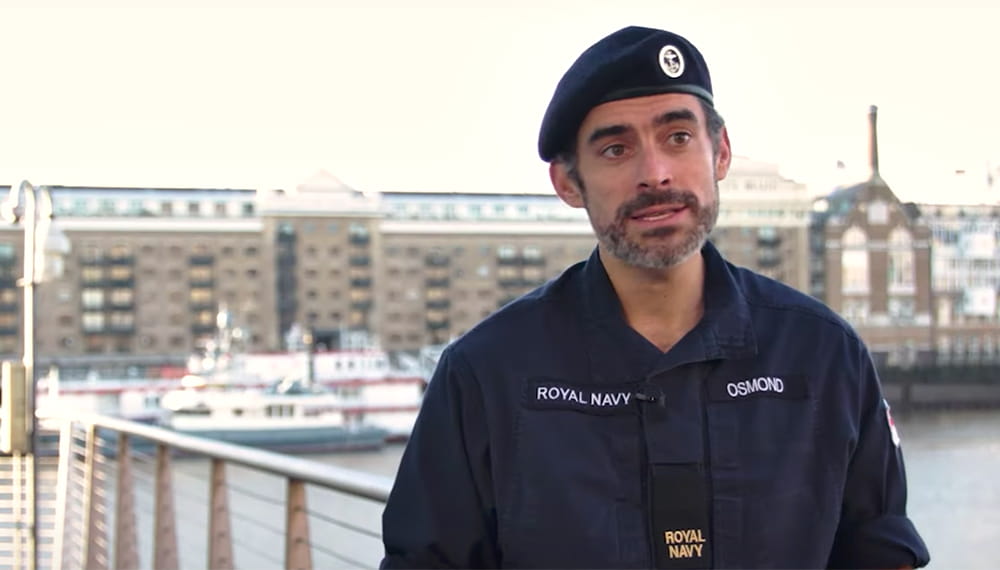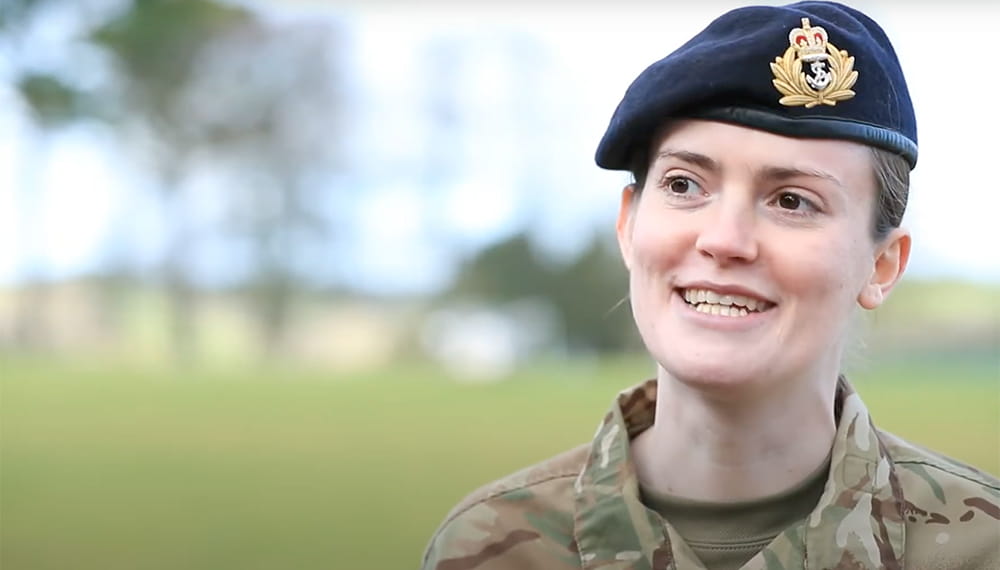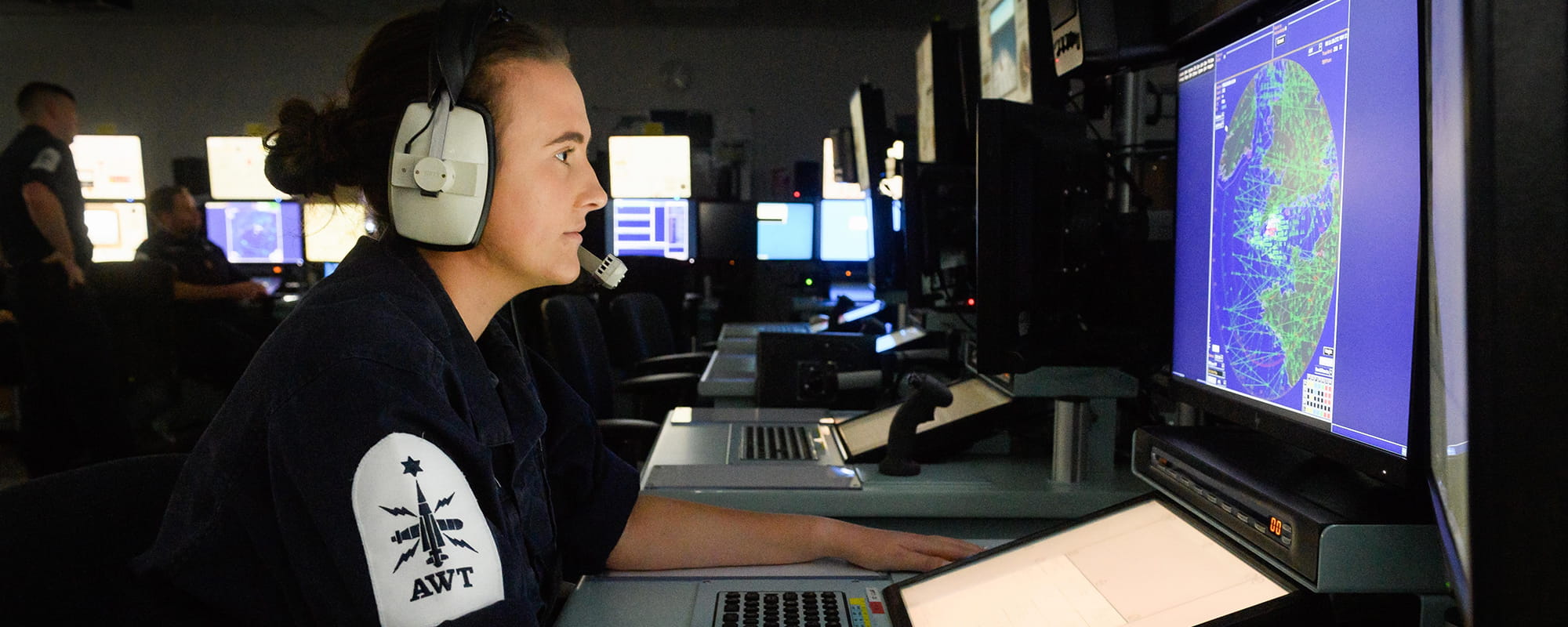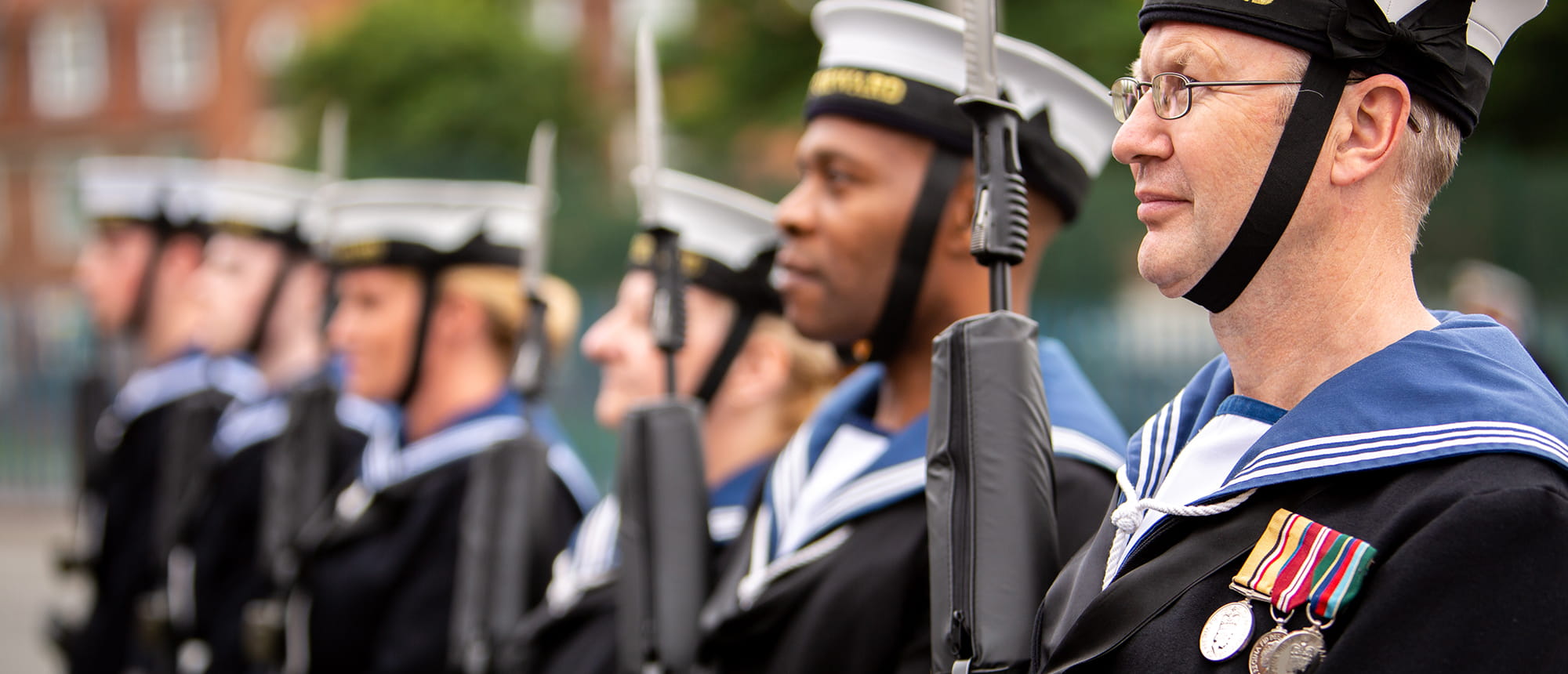What you'll do
Whether you’re serving on Naval warships in foreign waters or contributing to humanitarian aid missions, serving with the Royal Naval Reserve is an opportunity like no other. You’ll learn and develop new skills to put into practice at sea and at home.
You’ll go to places you’ve never been, experience things you wouldn’t anywhere else, and develop new skills you don’t even know you have yet.



